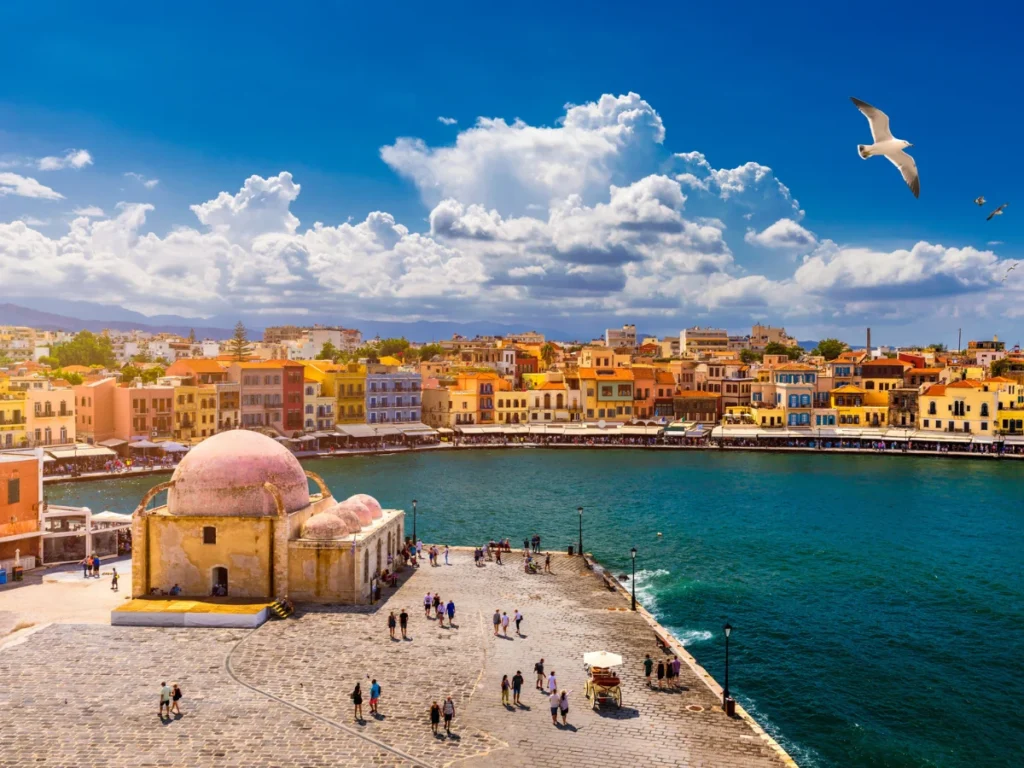Islam's history in Greece traces back to the 7th century
Islam’s history in Greece traces back to the 7th century when Arab forces initiated interactions with Byzantine Greece. Arab-Byzantine wars, cultural exchanges, and periods of Islamic rule left a mark on Greek culture. The Ottoman Empire’s rule was significant, leading to the construction of mosques. Greece’s 19th-century War of Independence against the Ottomans marked a turning point. Today, Greece maintains relations with Islamic countries and recognizes its Muslim minority.

Islam's history in Greece traces back to the 7th century
Islam’s history in Greece traces back to the 7th century when Arab forces began expanding across the Mediterranean. In 674-678 AD, the first Arab siege of Constantinople took place, marking early contact between Islam and Byzantine Greece. While this siege failed, it laid the groundwork for future interactions.
The Arab-Byzantine Wars
The 7th and 8th centuries witnessed a series of Arab-Byzantine wars. These conflicts led to both military clashes and cultural exchanges between Islamic and Greek civilizations. It was during this period that some Greek territories fell under Islamic rule, including parts of Crete and the Peloponnese.
Islamic Influence on Greek Culture
As Islamic rule expanded, it influenced various aspects of Greek culture, particularly in areas under Muslim control. Arabic words and cultural elements became integrated into Greek society, contributing to the rich linguistic and cultural mosaic of the region.
Ottoman Rule
One of the most significant periods of Islamic influence in Greece was the Ottoman Empire’s rule, which began in the late 14th century and lasted for centuries. During this time, the majority of Greece was under Muslim Ottoman control, leading to further cultural exchange and religious coexistence. Many mosques, baths, and other Islamic structures were built across Greece.
The Greek War of Independence
The 19th century marked a turning point when Greece fought for its independence from the Ottoman Empire. The Greek War of Independence, which began in 1821, eventually led to the establishment of the modern Greek state. This event resulted in the end of Ottoman rule in Greece and the emergence of an independent, predominantly Christian Greek nation.
The Modern Greek Muslim Minority
Despite the end of Ottoman rule, Greece has retained a small Muslim minority, primarily in Thrace and some islands. These communities have preserved their cultural and religious traditions. Today, Greece recognizes the rights and cultural identity of its Muslim citizens.
Contemporary Relations
Modern Greece maintains diplomatic relations with various Islamic countries and organizations, fostering cooperation in areas like trade, politics, and tourism.
In summary, the history of Islam in Greece is a complex narrative of interactions, influences, and conflicts that have shaped the region’s cultural and historical landscape over the centuries. From early contacts to the enduring legacy of Ottoman rule and the presence of Muslim communities in Greece today, Islamic influences remain an integral part of Greek history.
